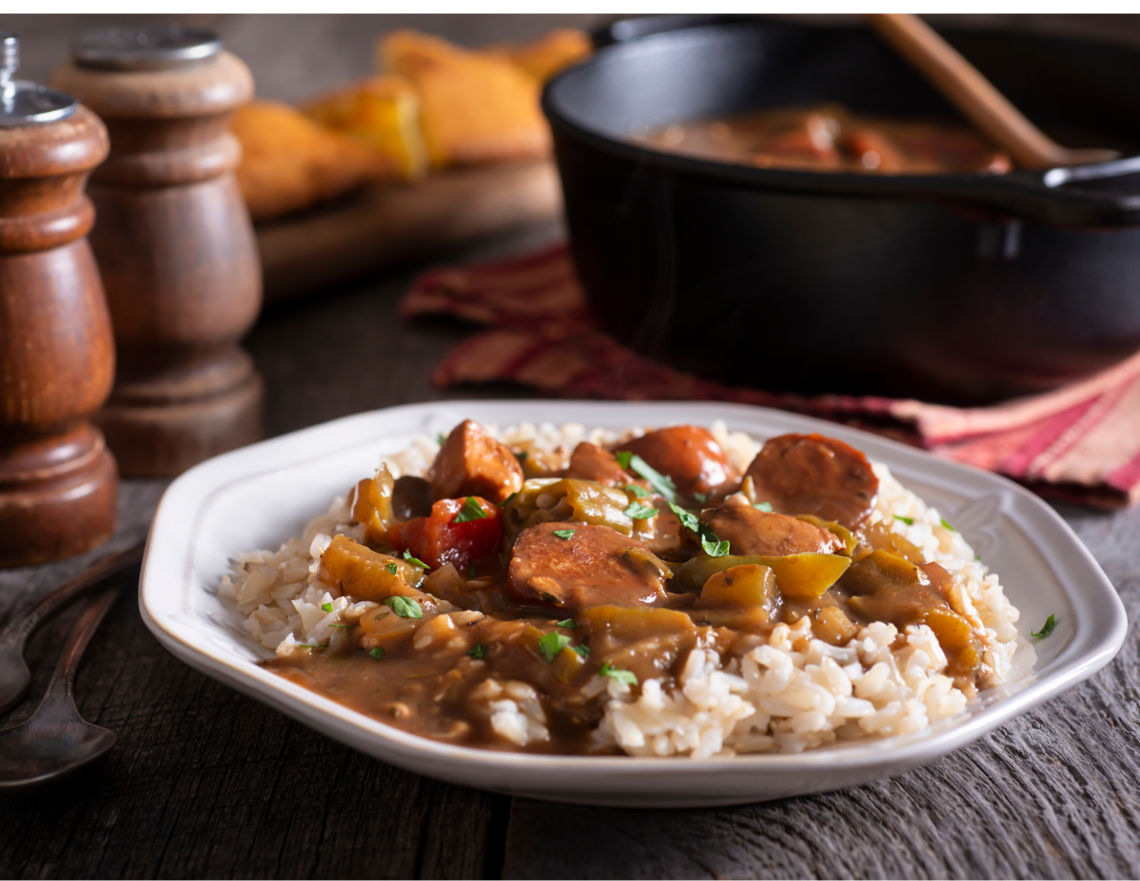
The Intricate Connection Between African Food and Southern Culture
By Robbie Perdue
When it comes to the diverse and vibrant tapestry of American cuisine, few regions captivate the culinary imagination quite like the American South. Deep-rooted in history and enriched by the influences of various cultures, the Southern culinary tradition owes much of its character and flavor to the significant contributions of African cuisine. From mouthwatering dishes to cherished cooking techniques, the connection between African food and Southern culture is a remarkable story of resilience, creativity, and shared heritage.
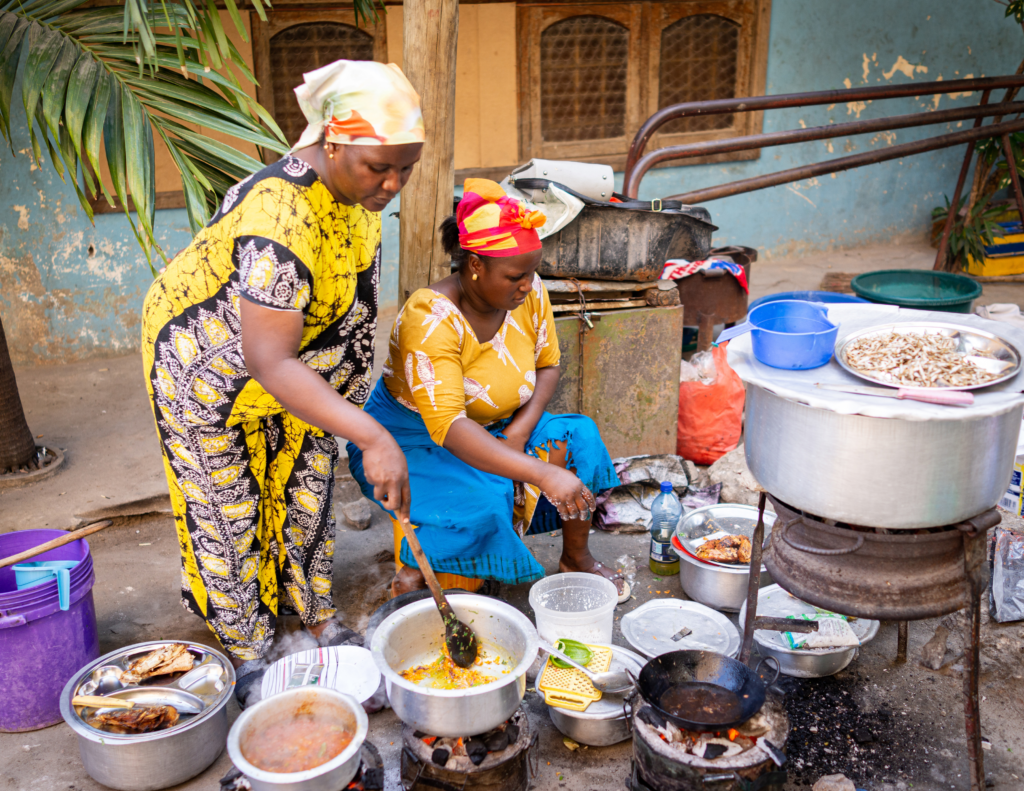
One of the most striking aspects of the African influence on Southern cuisine lies in the ingredients that form its foundation. Staples like okra, yams, black-eyed peas, collard greens, and watermelon, among others, originated in Africa and were lovingly cultivated by enslaved Africans in the Southern states. These ingredients not only survived the harrowing journey across the Atlantic but thrived, eventually becoming integral components of Southern cuisine.
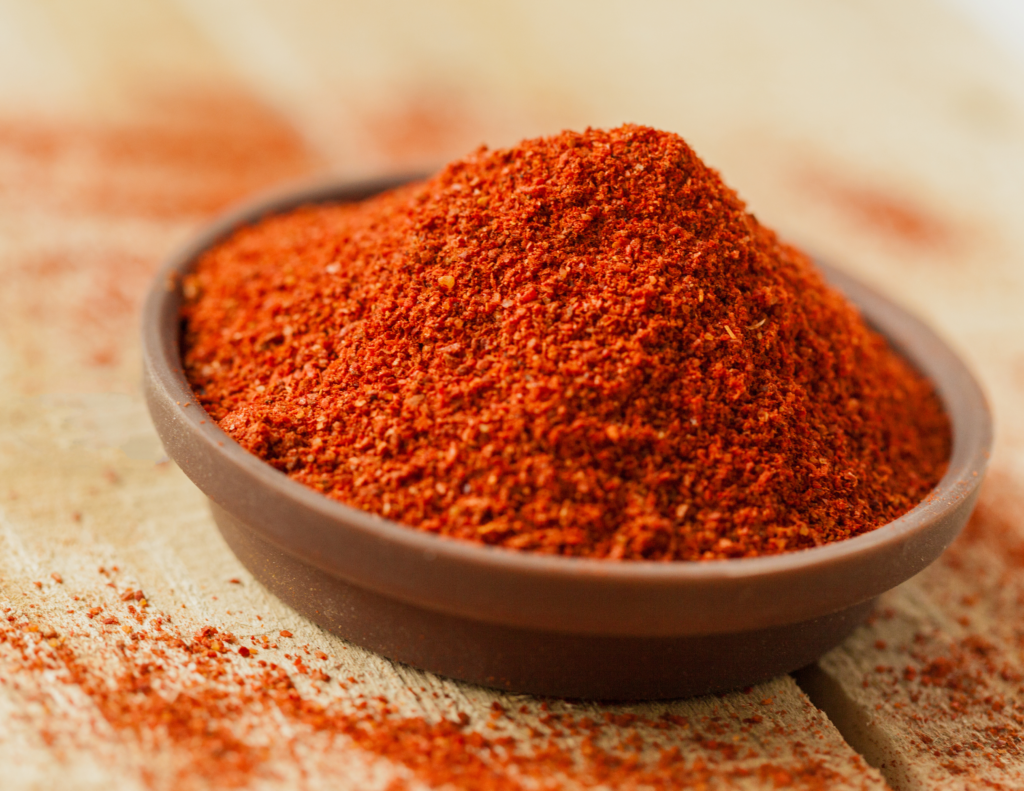
African spices and seasonings played a pivotal role in transforming Southern dishes into the mouthwatering delights we savor today. West African-inspired flavors such as cayenne pepper, ginger, allspice, and cloves found their way into Southern kitchens, enhancing dishes with a fiery kick and distinctive aromatic profiles. The artful use of these spices, combined with slow cooking techniques and long simmering times, created a flavor complexity that has become synonymous with Southern cuisine.
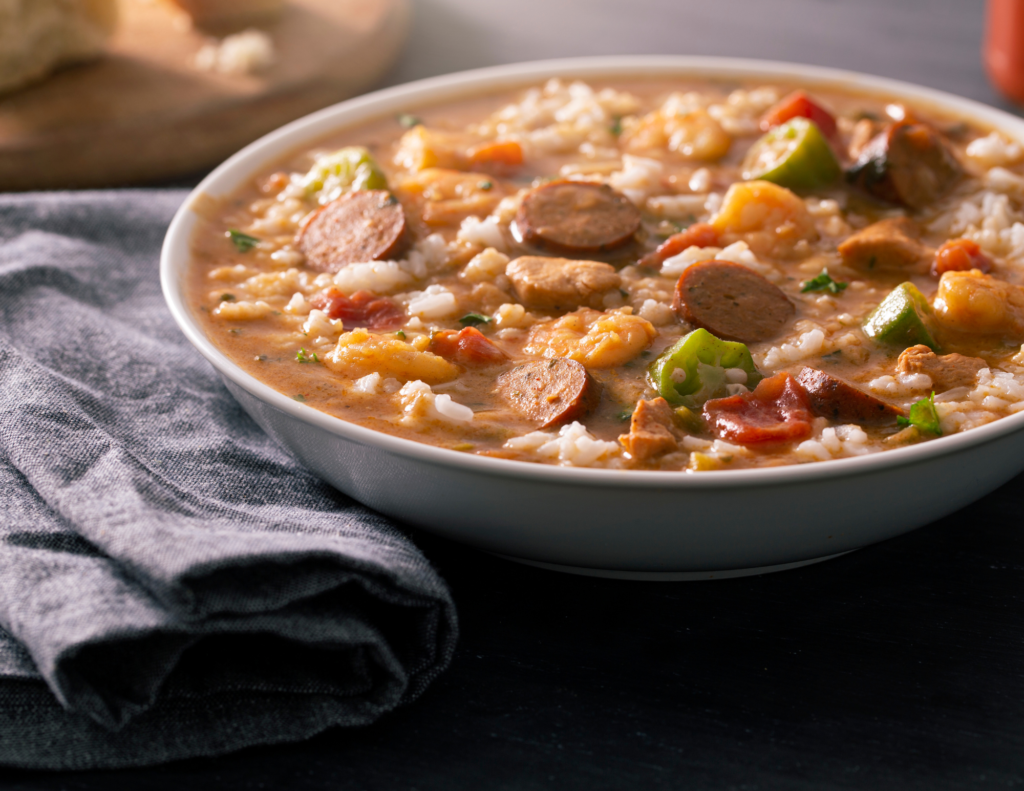
The influence of African cooking techniques on Southern cuisine cannot be overstated. The West African tradition of one-pot cooking, exemplified by dishes like jollof rice and gumbo, found its way into the heart of Southern cooking. One-pot wonders like jambalaya, red beans and rice, and Hoppin’ John became quintessential Southern comfort foods, blending the flavors and textures of various ingredients in harmonious union.
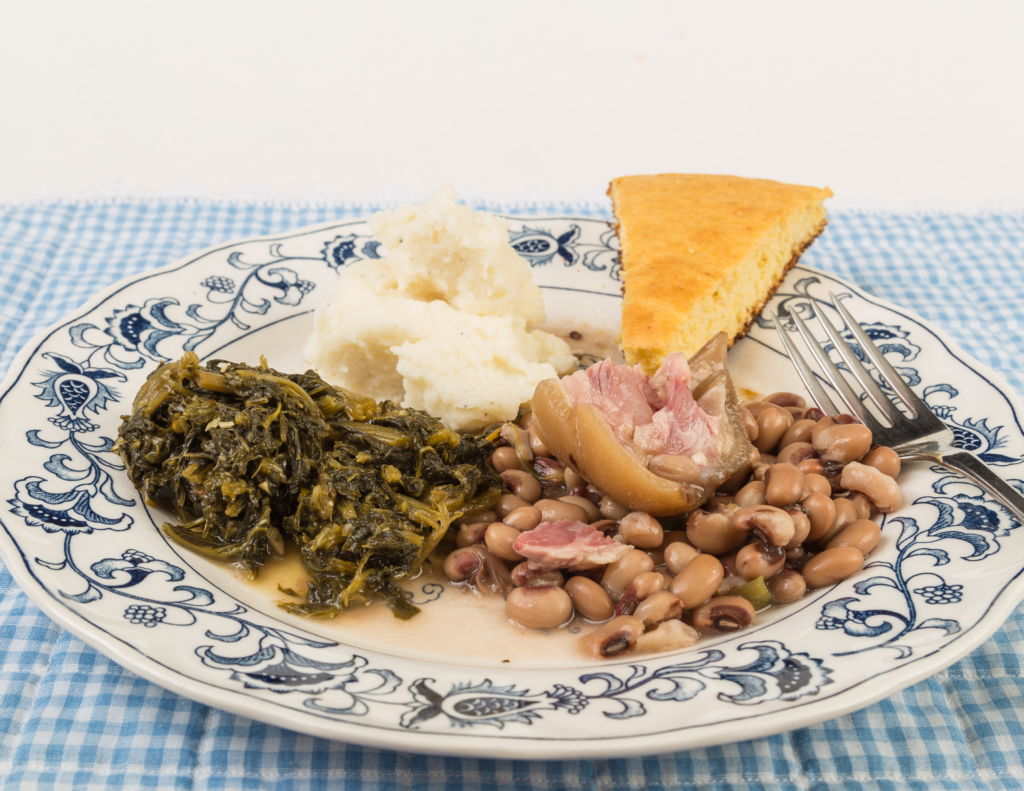
Soul food, a term often used to describe the cuisine of African Americans in the South, embodies the connection between African food and Southern culture. Born out of necessity and creativity during times of hardship, soul food dishes became an expression of resilience and communal strength. Recipes passed down through generations, such as fried chicken, cornbread, collard greens, and sweet potato pie, reflect the fusion of African and Southern culinary traditions, symbolizing a powerful link to the past.
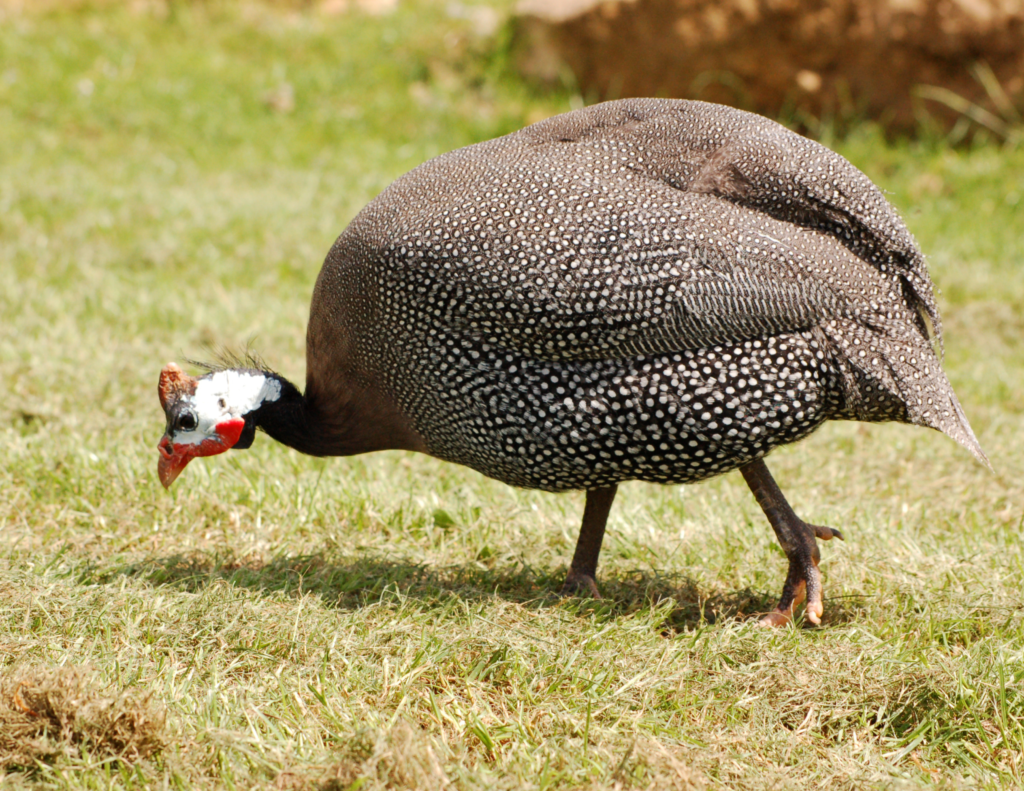
We cannot discuss all of these great vegetables without mentioning the African contribution to poultry: the guinea fowl. Raising guineas in the South is an endeavor that yields multiple rewards. These charismatic birds offer a range of benefits, from pest control and low maintenance to early warning systems and efficient egg production. Their compatibility with southern climates, combined with their hardiness and self-sufficiency, make them an attractive option for farmers and homesteaders. I have not yet tried it, but I hear guinea & rice is fantastic.
Today, the influence of African food on Southern culture continues to evolve and flourish. Chefs and home cooks alike pay homage to this enduring connection, infusing modern Southern cuisine with the flavors and techniques inherited from African ancestors. The celebration of African ingredients, spices, and cooking methods not only enriches the Southern culinary scene but also highlights the importance of cultural diversity and understanding.
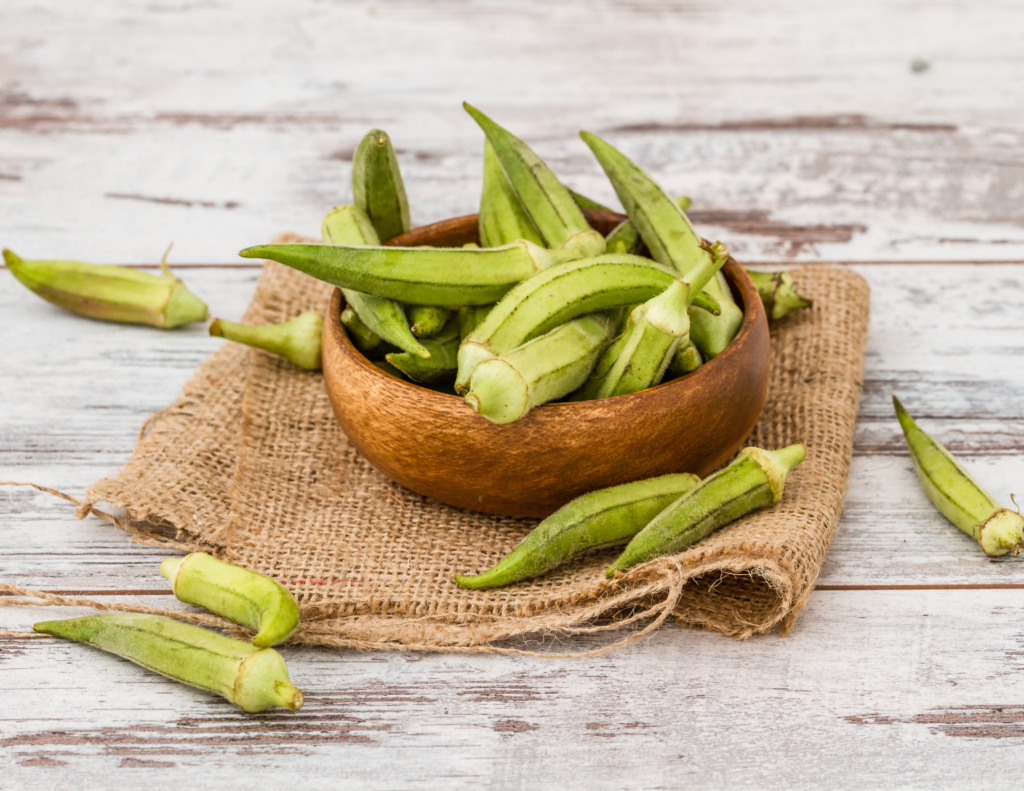
The intertwining of African food and Southern culture in the United States is a testament to the resilience and creativity of a people whose culinary traditions have indelibly shaped American cuisine. From the fields of the antebellum South to the vibrant kitchens of today, the African influence on Southern food is a celebration of heritage and a testament to the power of culinary fusion. By acknowledging and appreciating the African roots of Southern food, we deepen our understanding of the cultural tapestry that makes the Southern culinary experience truly extraordinary.

Robbie Perdue
is a native North Carolinian who enjoys cooking, butchery, and is passionate about all things BBQ. He straddles two worlds as an IT professional and a farmer who loves heritage livestock and heirloom vegetables. His perfect day would be hunting deer, dove, or ducks then babysitting his smoker while watching the sunset over the blackwater of Lake Waccamaw.


You May Also Like

A Few Favorite Gene Hill Quotes About Dogs
May 15, 2023
From the Editor’s Desk
July 1, 2022